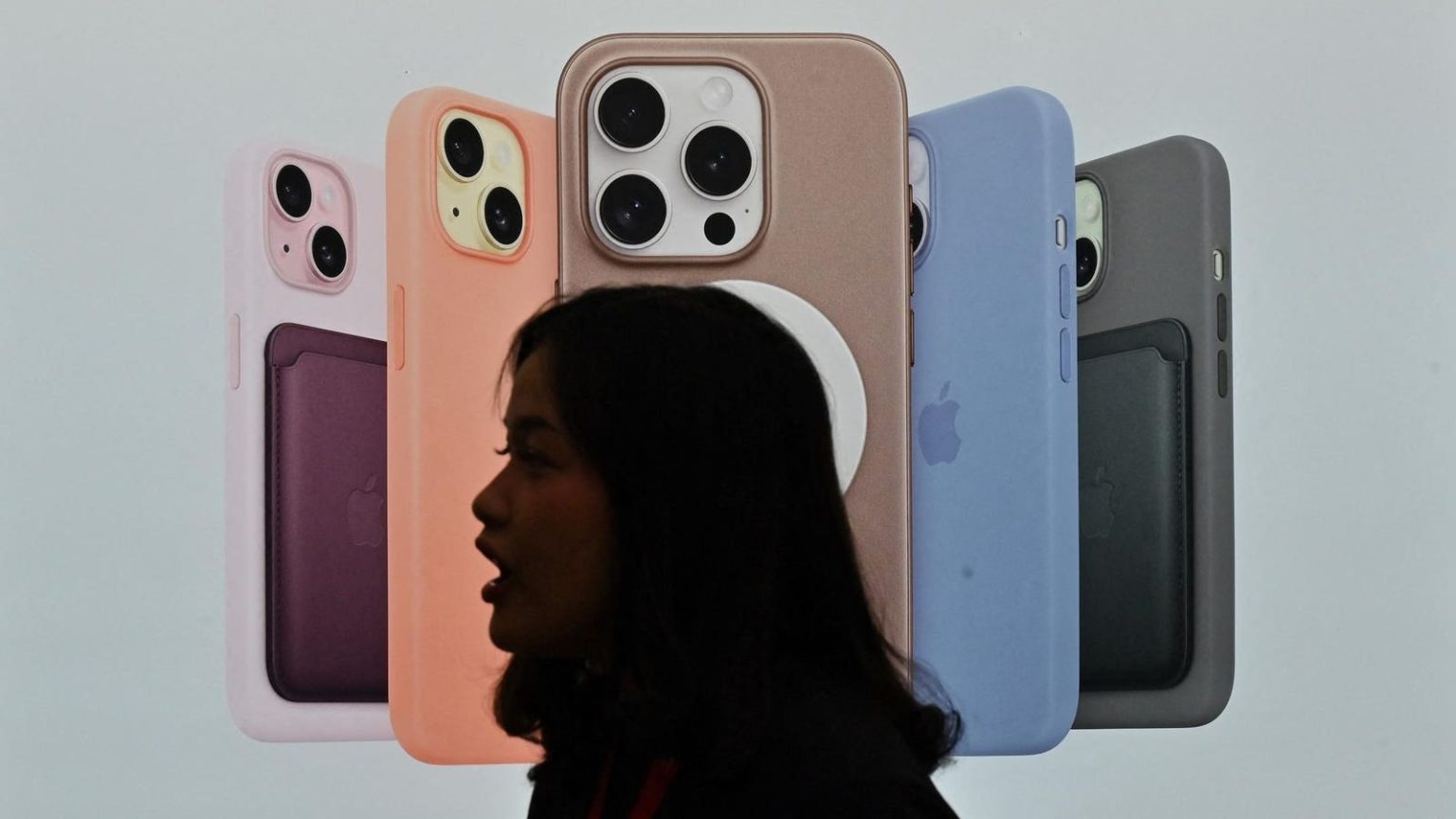Apple’s Worldwide Developer Conference next week will likely see the preview of the software that will power the iPhone 16 Pro, with the addition of AI to iOS expected to be a significant feature. This move comes after Google announced the birth of the AI smartphone last year, presenting challenges to Apple as it enters the AI game relatively late compared to its competitors.
One of the primary challenges Apple faces is being late to the game, especially after Google launched the Pixel 8 and Pixel 8 Pro as the first “AI Smartphones” shortly after Apple introduced the iPhone 15. Despite Apple’s reputation for being the best rather than the first in adopting new technology, its delay in embracing AI could impact its smartphone ecosystem and customer experience.
Although Tim Cook may preview the AI software at WWDC next week, it is expected to be part of iOS 18, which will not be released to the public until September and may not include the AI software until early 2025. The presentation is likely to highlight how Apple’s implementation of AI is unique but may still rely on partnerships with OpenAI and ChatGPT for the underlying technology.
Apple’s emphasis on security and privacy could influence its approach to AI, with a focus on processing data locally on the device rather than in the cloud. This decision aligns with Apple’s reputation for safeguarding personal data and could differentiate its AI offerings from other smartphones that rely more on cloud-based processing.
In terms of hardware, Apple’s ability to design its own silicon gives it an advantage in accommodating the demands of AI in its new A18 chip, which will power the iPhone 16 Pro. However, older or lower-spec models may not fully support the AI capabilities, potentially limiting the reach of AI to customers with the latest and most expensive handsets. The possibility of cloud processing for less powerful iPhones raises questions about cost and user experience.
Apple’s entry into the AI space may position it as a follower rather than a leader, with Google and Microsoft already defining the conventions and capabilities of an AI-focused operating system. As Apple plays catch-up, WWDC will provide insights into how the iPhone 16 Pro will compete with the AI features of its rivals and how close it will get to matching their capabilities.


